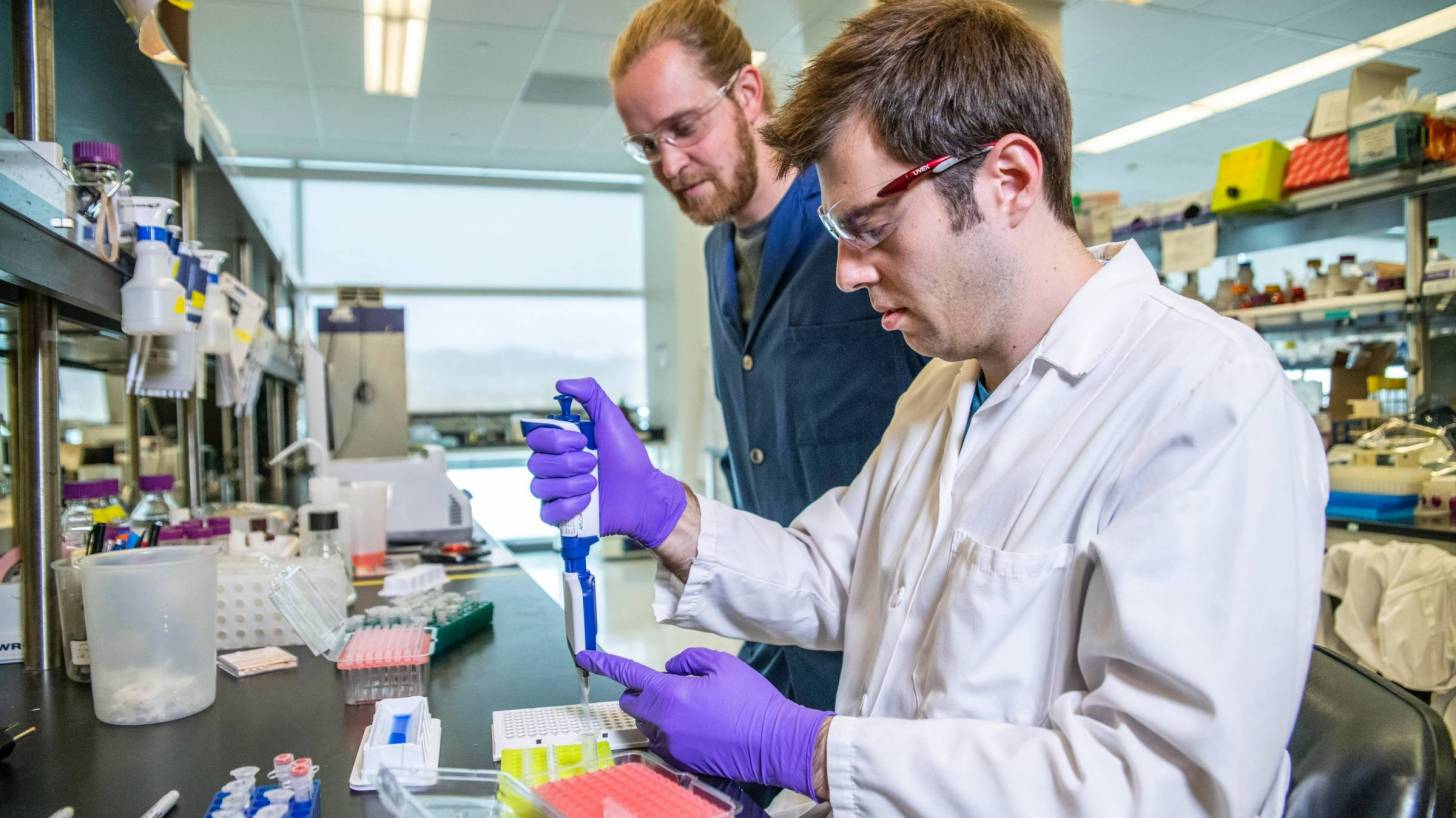Live-Attenuated Virus Vaccine Development 'is the Right Approach'

A vaccine biotech firm based in Massachusetts points to the proven science of live-attenuated viruses in vaccine development as key to the company's commitment to the development platform.
A live-attenuated virus is a weakened (attenuated) virus that is able to multiply within the host to a limited extent and engineered to be unable to cause any disease.
In the past, scientists did not have the advanced molecular tools available today that allow for the rational attenuation of viruses. In addition, advances in whole genome sequencing have allowed for detailed genetic identification and manipulation of pathogens, thus enabling the rational design of safe and effective live-attenuated mutants.
"The live-attenuated vaccine approach has led to some of the most successful and cost-effective disease interventions in worldwide medical history," said Rational Vaccines’s CEO Agustin Fernandez, in a press statement issued on December 8, 2020.
“Rational attenuation of live viruses can produce very safe vaccines with practically no chance to cause disease.”
As an example, smallpox, polio, measles, rubella, chickenpox, and rotavirus vaccines are all live-attenuated.
Mass immunizations of the live-attenuated smallpox vaccine led to that disease being eradicated around the world in 1980. In 1961, the FDA approved a live-attenuated polio vaccine, ultimately leading to a 99% global reduction in polio by 2000 – the same year that measles was declared eradicated until vaccination gaps led to outbreaks beginning in 2017.
The first live-attenuated rubella (German measles) vaccine was introduced in 1961, with the U.S. declaring the country free of that disease by 2004.
More recently, the live-attenuated chickenpox vaccine accounted for dramatically reduced death rates and hospitalizations associated with that disease compared to before the vaccine's approved use in 1995.
And in 2006, the first attenuated live viral vaccines for rotaviruses were introduced, drastically reducing associated illnesses and hospitalizations in the U.S. and infant and child morbidity and mortality worldwide.
Concerns about the use of live-attenuated vaccines to compromised or underdeveloped immune systems led to the development of subunit vaccines. Subunit vaccines typically composed of one or more proteins of the targeted pathogen could be easily produced.
The hope was that when mixed with adjuvants that are prone to elicit strong immune responses against the pathogen, subunit vaccines could then produce adequate immune responses.
"Despite their benefits and safety, however, subunit vaccines frequently have limitations, especially against more complex pathogens and specifically latent viruses that remain in a 'silent' state within infected hosts.”
“For example, mutant viruses may escape anti-protein targeted immune responses, and may not induce long-term memory immune responses that protect against infection over a long period of time. Also, the possibility exists that weak antibody responses may enhance susceptibility to infection instead of preventing it, as is the case with Dengue viral infections," added, Dr. Konstantin Kousoulas, RvX Chief Scientific Consultant for Basic Sciences.
Rational Vaccines develops rationally engineered, live-attenuated viral immunotherapeutic and prophylactic vaccine candidates, particularly focused on combating all diseases resulting from herpes simplex virus 1 (HSV-1) and herpes simplex virus 2 (HSV-2) infections.
PrecisionVaccinations publishes research-based news.
Our Trust Standards: Medical Advisory Committee
























